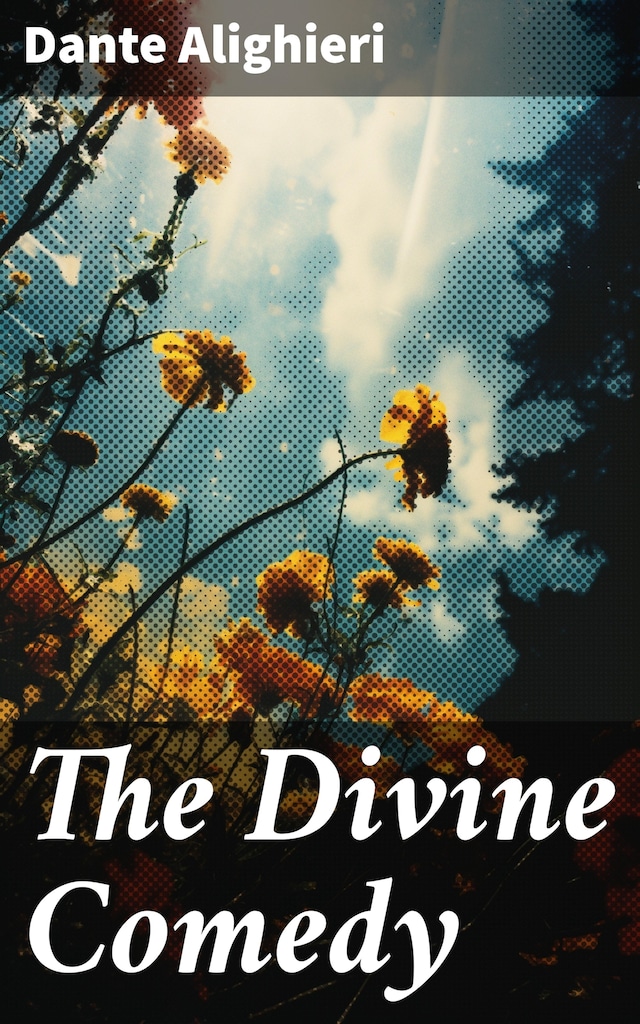
The Divine Comedy
Journey through Hell, Purgatory, & Paradise: A Timeless Exploration of Sin, Redemption, & Human Nature
Description of book
Dante Alighieri's 'The Divine Comedy' is a monumental work of Italian literature, written in the early 14th century. This epic poem follows the author's journey through Hell, Purgatory, and Paradise, led by the Roman poet Virgil and the Beatrice, his idealized love. The work is written in terza rima, a verse form created by Dante himself, lending a sense of lyrical rhythm to the narrative. 'The Divine Comedy' is not only a religious allegory but also a reflection on the human condition and the nature of sin and redemption. It explores complex theological themes while also offering a vivid portrayal of Italian society in the Middle Ages. Alighieri's vivid imagery and powerful language make this work a cornerstone of Western literature. Dante Alighieri, a prominent Italian poet, politician, and philosopher, wrote 'The Divine Comedy' while in political exile. Influenced by his own tumultuous life experiences and the turbulent political climate of his time, Alighieri created a deeply personal and contemplative work that continues to resonate with readers centuries later. For readers interested in exploring the intersection of theology, politics, and poetry, 'The Divine Comedy' is a must-read. Alighieri's masterful storytelling and profound insights into human nature make this work a timeless classic that offers valuable lessons and perspectives on the complexities of life and spirituality.
 Dante Alighieri
Dante Alighieri 507 Pages
507 Pages